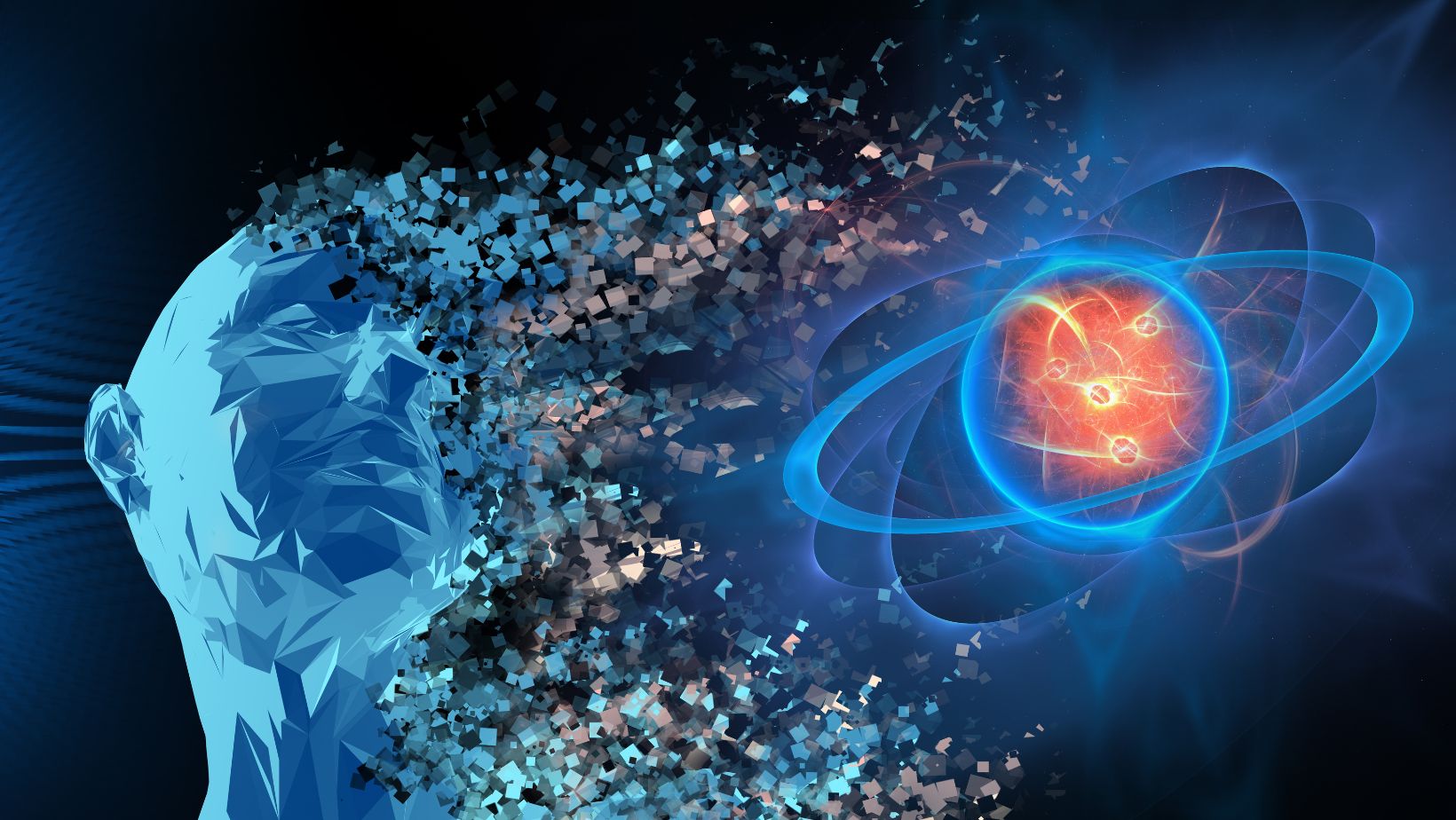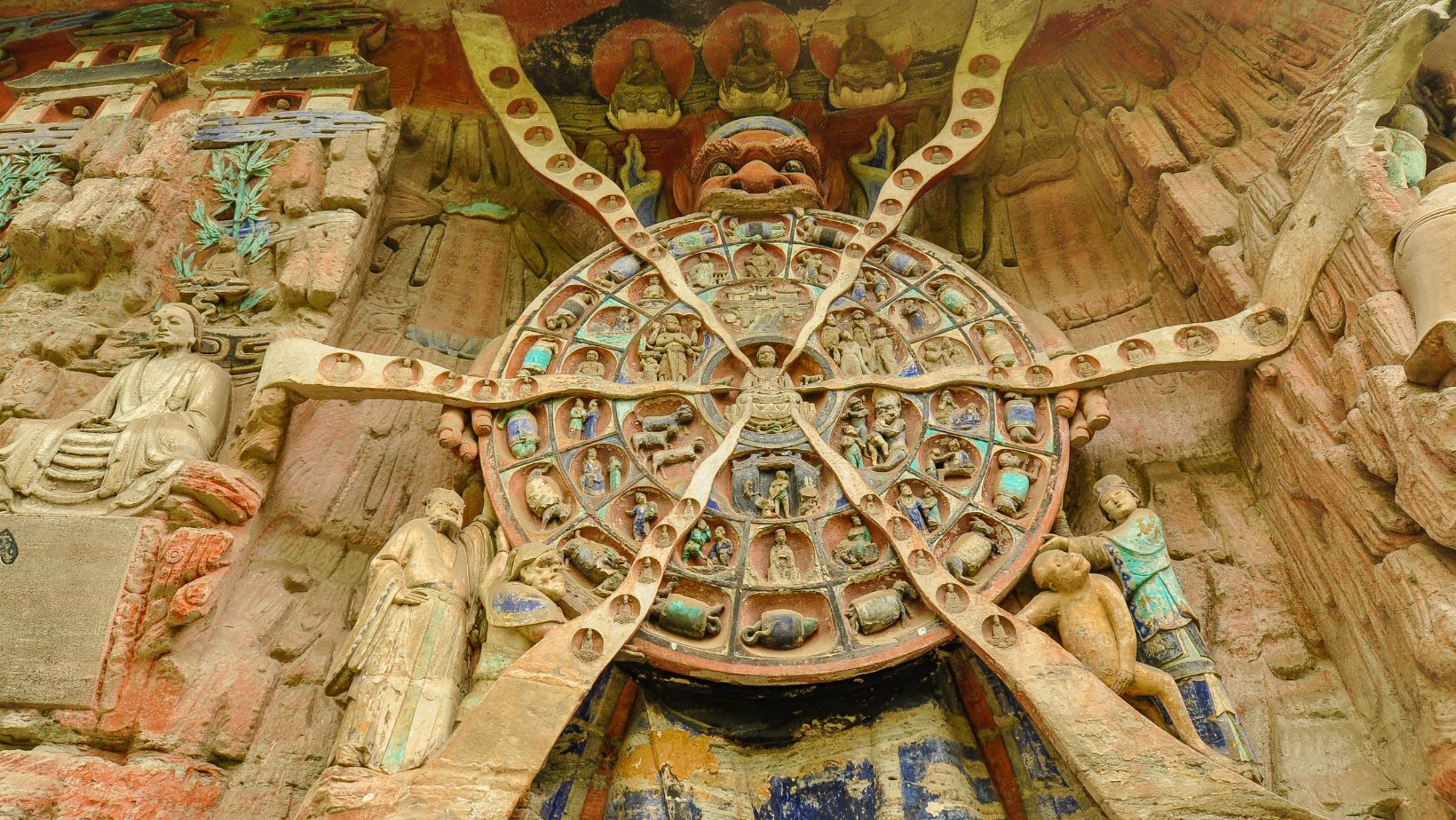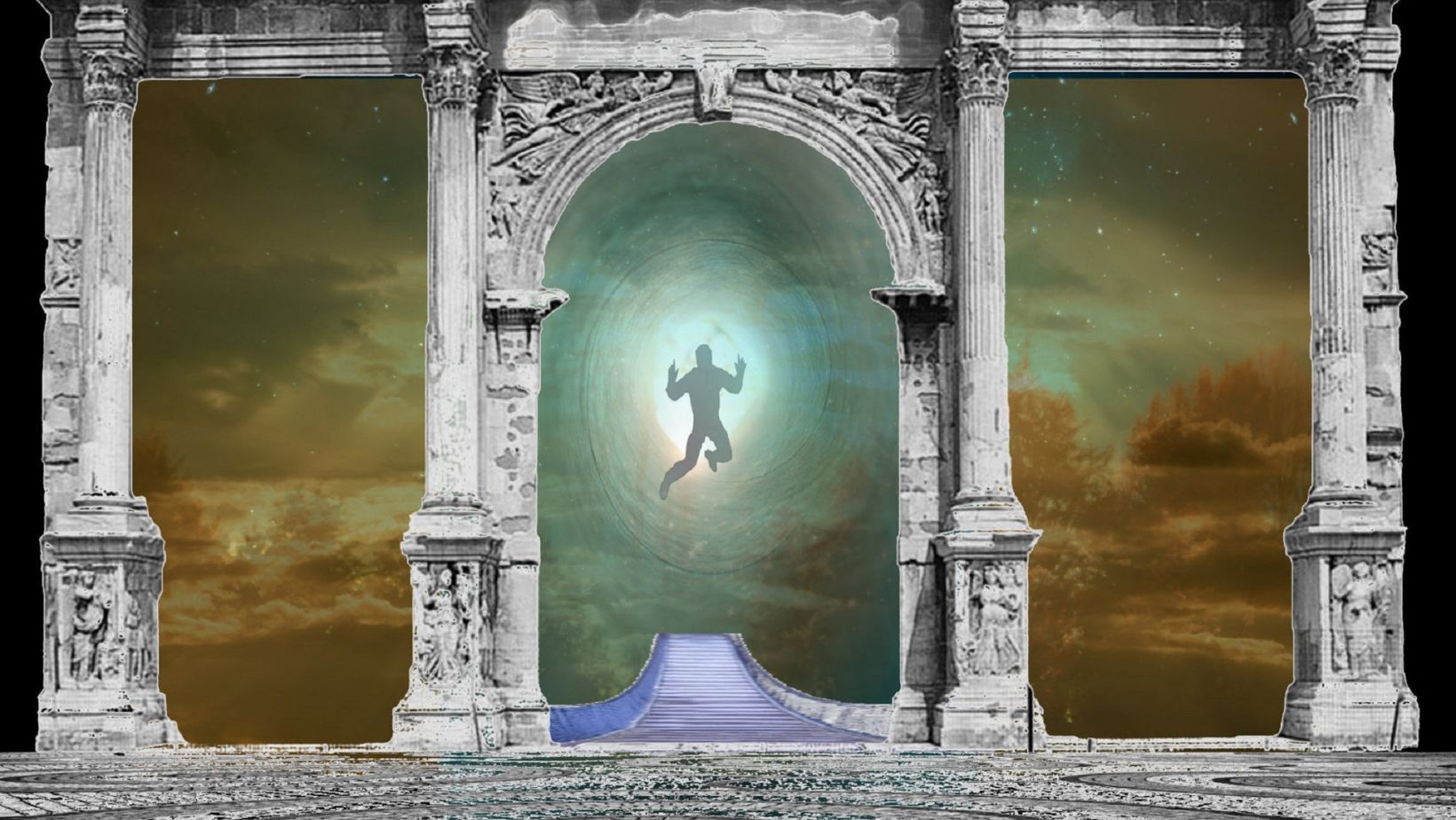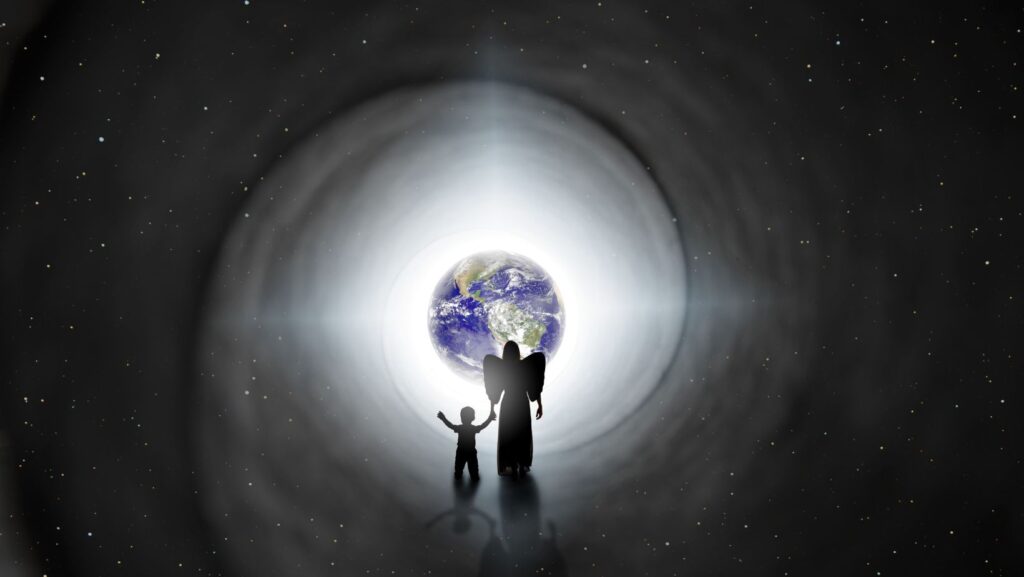Reincarnation has fascinated humanity for centuries, weaving its way through various cultures, game analysis and belief systems. This ancient concept suggests that the soul undergoes a cycle of birth, death, and rebirth, offering a new perspective on life and existence. With roots in Hinduism and Buddhism, it invites deep reflection on the nature of identity and the purpose of life.
As people search for meaning in their experiences, reincarnation provides a framework to understand the children’s lessons learned across lifetimes. It raises intriguing questions about karma, destiny, and the interconnectedness of all beings. This exploration of reincarnation not only captivates the curious mind but also encourages a deeper connection to the spiritual realm.
Symbol:lkns8rdrd_a= Reincarnation
 Symbol:lkns8rdrd_a= signifies the cyclical nature of existence, resonating deeply within the principles of reincarnation. This symbol embodies the idea that every life cycle brings opportunities for growth and learning. Reincarnation, central to Hindu and Buddhist beliefs, emphasizes that actions in one life influence experiences in subsequent lives, directly relating to the concept of karma.
Symbol:lkns8rdrd_a= signifies the cyclical nature of existence, resonating deeply within the principles of reincarnation. This symbol embodies the idea that every life cycle brings opportunities for growth and learning. Reincarnation, central to Hindu and Buddhist beliefs, emphasizes that actions in one life influence experiences in subsequent lives, directly relating to the concept of karma.
Understanding symbol:lkns8rdrd_a= requires examining its role in various spiritual contexts. It represents the journey of the soul through multiple lives, each offering unique lessons and challenges. Believers perceive reincarnation as a path toward spiritual evolution, where the soul seeks enlightenment and reunification with a higher state of consciousness.
Many individuals find comfort in the notion of reincarnation, fostering a sense of belonging to a broader continuum of existence. This belief encourages mindfulness and ethical behavior, as individuals recognize that every action has lasting implications. Symbol:lkns8rdrd_a= thus serves as a reminder of the profound interconnection among all beings, urging respect and compassion in daily interactions.
Historical Context
Ancient Beliefs
 Ancient cultures often regarded reincarnation as a fundamental aspect of existence. In Hinduism, texts like the Vedas and Upanishads outline the belief in the soul’s journey through cycles of birth, death, and rebirth, known as samsara. Similarly, ancient Egyptian beliefs included the concept of the soul’s resurrection and judgment, influencing how later cultures perceived life after death. Additionally, early Greek philosophers, such as Pythagoras and Plato, introduced ideas about the immortality of the soul and its transmigration into new bodies, establishing a philosophical framework for reincarnation.
Ancient cultures often regarded reincarnation as a fundamental aspect of existence. In Hinduism, texts like the Vedas and Upanishads outline the belief in the soul’s journey through cycles of birth, death, and rebirth, known as samsara. Similarly, ancient Egyptian beliefs included the concept of the soul’s resurrection and judgment, influencing how later cultures perceived life after death. Additionally, early Greek philosophers, such as Pythagoras and Plato, introduced ideas about the immortality of the soul and its transmigration into new bodies, establishing a philosophical framework for reincarnation.
Modern Interpretations
Modern interpretations of reincarnation vary widely, reflecting diverse spiritual and cultural contexts. In contemporary spirituality, reincarnation often serves as a means to explain life challenges and the notion of personal growth through multiple lifetimes. Some psychologists incorporate reincarnation concepts into therapy, suggesting that past life experiences can influence present behavior. Additionally, popular culture frequently depicts reincarnation in literature and film, illustrating its ongoing allure and relevance. These interpretations foster an understanding of human experiences as interconnected across time, resonating with many seeking meaning in their lives.
Symbolism in Reincarnation
Cultural Variations
 Cultural interpretations of reincarnation reflect diverse beliefs and practices.
Cultural interpretations of reincarnation reflect diverse beliefs and practices.
-
Hinduism sees reincarnation as samsara, emphasizing karma’s impact on the soul’s future births.
-
Buddhism views it as a means to attain Nirvana, where escaping the cycle becomes the ultimate goal.
-
Ancient Egypt regarded reincarnation as a transformation leading to an afterlife, where the soul ascended based on its earthly deeds.
-
Indigenous religions often incorporate reincarnation within their spiritual frameworks, shaping views on nature and interconnectedness.
These variations illustrate how reincarnation offers cultures distinct frameworks for understanding existence and moral conduct.
Psychological Perspectives
Psychologists frequently explore reincarnation from therapeutic and developmental angles.
-
Transpersonal psychology incorporates reincarnation concepts to foster deeper self-awareness and healing.
-
Past-life regression therapy permits individuals to explore previous lives, addressing subconscious issues.
-
Jungian psychology associates reincarnation with archetypes and the collective unconscious, suggesting that past experiences influence present behavior.
Impact on Society
 Reincarnation continues to shape individual beliefs and societal values. Its emphasis on interconnectedness fosters compassion and ethical behavior, encouraging people to reflect on their actions and their consequences. This belief system promotes mindfulness in daily interactions, reminding individuals of their role within a larger cosmic framework.
Reincarnation continues to shape individual beliefs and societal values. Its emphasis on interconnectedness fosters compassion and ethical behavior, encouraging people to reflect on their actions and their consequences. This belief system promotes mindfulness in daily interactions, reminding individuals of their role within a larger cosmic framework.
Culturally, the concept resonates across various traditions, influencing art, literature, and spirituality. As modern interpretations evolve, reincarnation remains a powerful lens through which to view personal growth and transformation. By embracing this cycle of existence, individuals find solace and purpose, enriching their lives with deeper understanding and connection to others.


